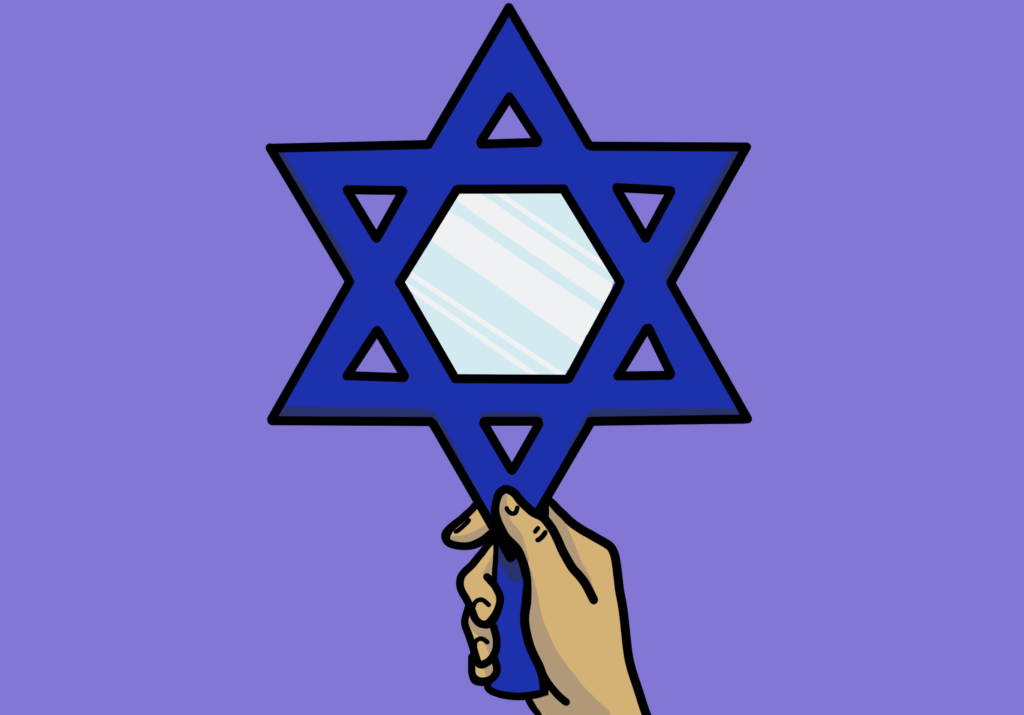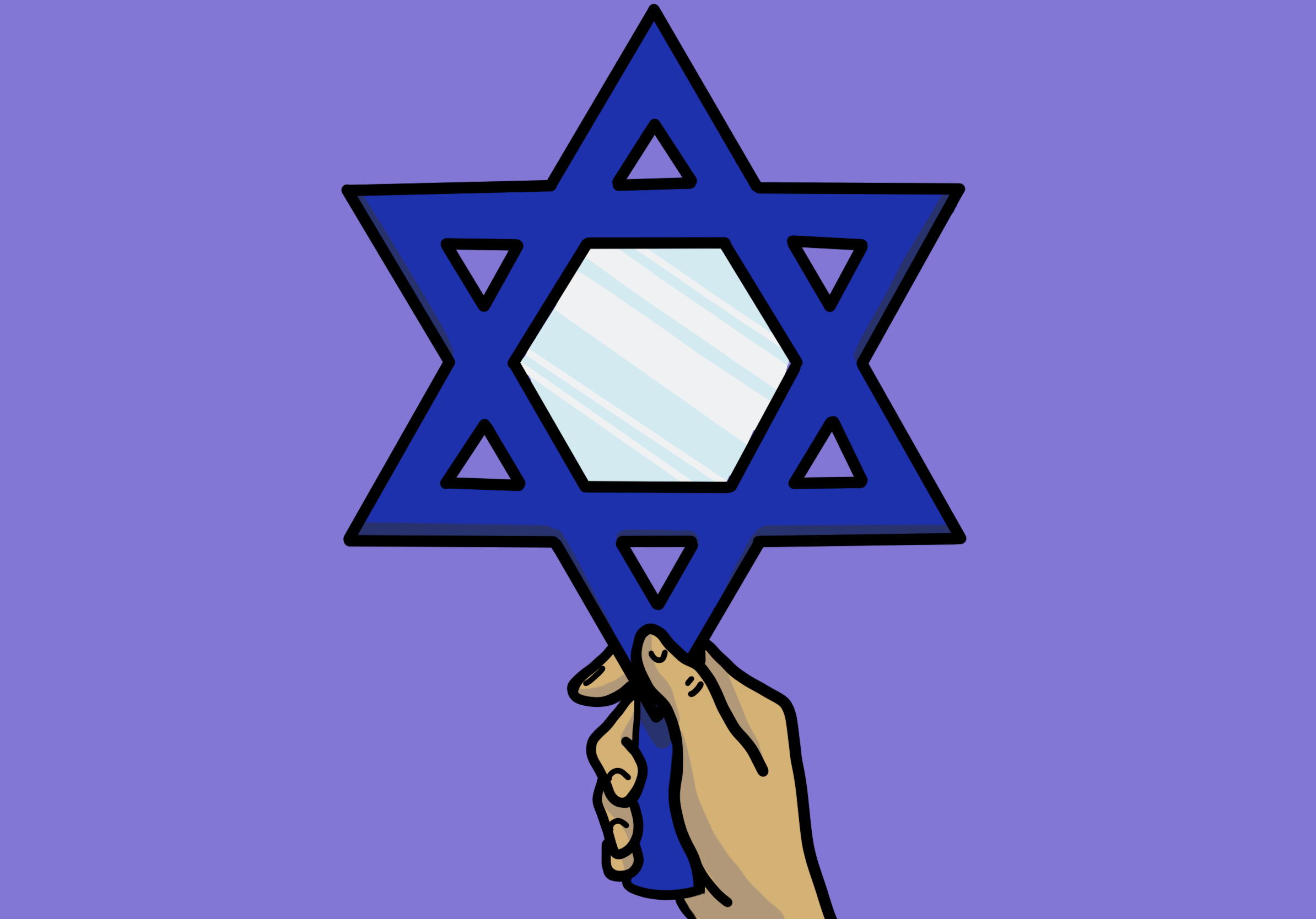My ex is dating the Jewish equivalent of Becky with the good hair.
Let me explain.
The Jewish community invests in colorism, insofar as being a Jew of color isn’t as desirable as being Ashkenazi, insofar as being thin and blonde is better than being a fat brunette, insofar as my father’s much lighter-skinned family members interpret my mother as a woman of color and shun her.
The terms “Becky with the good hair” and “colorism” originated within the Black community. I’m borrowing them, not out of an attempt to denigrate or appropriate them, but because they’re all I have. I’m not aware of Jewish scholarship that I can draw from about the way assimilation to whiteness has impacted how we collectively view beauty.
Another reason I’m borrowing Beyoncé’s terminology is that the only thing keeping my broken heart beating is the feeling that somewhere out there, another woman understands what it feels like to be me at this moment in time.
I’m angry at the way power works, that I internalized the idea that I’m worth less because my mother is a woman of color. That my father’s family taught me to view her as a cultural “other.”
I don’t believe I’m good enough to be loved because white supremacy taught me to hate a part of myself.
I’m angry that I look at Becky, who I’ve never met, who’s never done anything to me, and I want to tear off my own face like a mask. Like if I destroy myself, I can get to the beautiful white-assimilated girl inside of me. I’m angry that I spent so many years destroying myself with eating disorders to make myself into that girl.
I’m not that girl. I’m my mother’s daughter.
Relationships aren’t independent from power. Jewish women who look like her have access to Jewish professional organizations that, in my experience, say yes to women who look like me, but snigger behind our backs until we finally slink away, humiliated.
I look at Jewish women who have earned degrees from Stanford or Harvard, women who have become doctors or lawyers, and I see women who look like Becky. I look at Jewish women who speak and argue publicly on behalf of feminism or Palestinian rights, and I see women who look like me. The power we hold or don’t hold changes us and carves the paths laid out for us in life.
We make decisions about who to treat with respect and how much of our time to give based on how we perceive the value of other people. That perception is related to the messages our media sends about what it means to be beautiful, powerful, and lovable.
For example, I used to watch “The Marvelous Mrs. Maisel.” Then I realized that almost all of the female Jewish characters on that show, including Mrs. Maisel herself, are played by non-Jewish actresses.
My Jewish community is impatient with my unwillingness to embrace the idea that assimilation to white hegemonic norms is what will ensure our community’s survival.
I’m impatient with my community’s unwillingness to see just how many people are left behind in the rush to assimilate at all costs.
I’ve been taught to view the world through a white supremacist lens, so I’ve been led to believe that Becky with the good hair will love my ex better than me. That she’ll feel secure in his love where I didn’t. That she’ll smile back when he smiles at her, and not suspiciously ask him why he’s laughing at her. Countless cultural forces have teamed up to convince her and I both that she’s more lovable than me. She may not believe that, but I do.
Self-love is important, but it’s not the only important thing. Other kinds of love matter, too. And so here I am, hoping someone from my community is listening. Assimilation left a lot of people behind, and I’m one of those people.
The strategy of assimilation wasn’t a choice I made — it was a choice my parents made for me before I was born.
Now that I’m all grown up, I’d like to un-make that choice.
So I’m borrowing Beyoncé’s language, and I’m talking about colorism because these are the only words I have. And I hope I may be forgiven for doing so.
Without love, safety is worthless. Without truly seeing each other, my community cannot begin to learn how to love each other free from monstrous, white supremacist messages.
I need that. Someday, maybe I will see that man again, and if I do, I don’t want a brain full of white supremacist ideas telling me what to think or feel or do. I don’t want to look at him and see someone more assimilated to whiteness and therefore better than me. I just want to look at him and see a person — a perfectly imperfect, beloved person — staring back at me.


